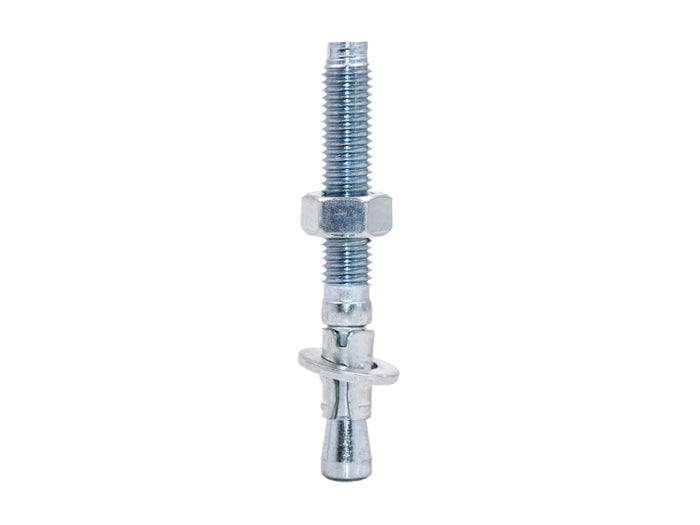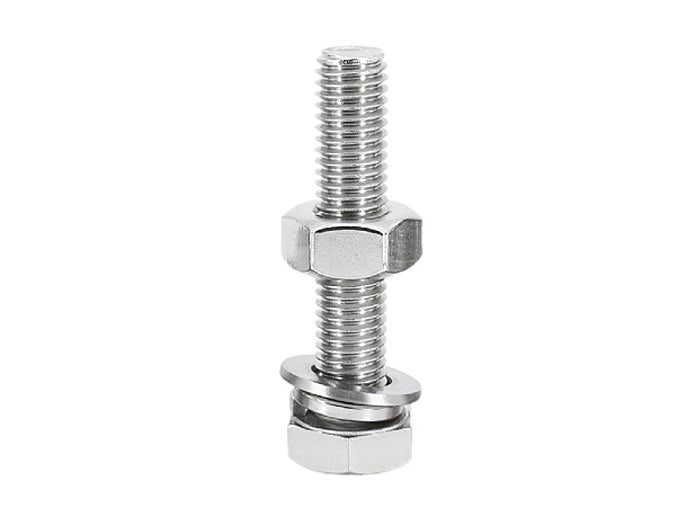Expansion bolts and chemical bolts are common fasteners, each with unique advantages in different application scenarios. To better understand the effects of the two, we can compare them in terms of their working principles, usage scenarios, and fixed effects.

Firstly, the working principle of expansion bolts is mainly based on mechanical principles, which achieve the fixing effect by generating friction between the opening of the expansion pipe and the hole wall. In concrete or other hard materials, the screw of the expansion bolt carries the expansion shell through a pre drilled hole and a special expansion agent is inserted inside it. When the nut is tightened, the expanding agent will spread around to form a strong fixing force, tightly fixing the bolt and the fixed object together. This fixing method is suitable for the connection of steel structures and their accessories, equipment bases, building structures and their accessories, etc.
Chemical bolts, on the other hand, use the anchoring reaction between chemical agents and concrete hole walls to achieve connections, which are usually more stable and reliable than expansion bolts. Chemical bolts have relatively low requirements for holes, and even if the hole walls are uneven or uneven, they can achieve good fixation effects. In addition, chemical bolts can also adapt to various environmental conditions, such as high temperature, low temperature, humidity, etc., which makes them applicable in a wider range of application scenarios.
In terms of fixing effect, chemical bolts usually exhibit higher stability and safety. Due to its lack of tension on the pores, it will not cause damage to the base layer during the fixation process, making it particularly suitable for base layers with poor firmness. In contrast, the fixing effect of expansion bolts may be affected by holes, and if the hole wall is uneven or uneven, it may lead to poor fixing effect.
However, it should be noted that expansion bolts also have unique advantages in certain specific scenarios. For example, in situations where quick installation or disassembly is required, the replacement and installation of expansion bolts are usually more convenient. In addition, the seismic and anti loosening performance of expansion bolts is also strong, and no additional locking elements are needed to achieve the effect of loosening.
In summary, expansion bolts and chemical bolts have their own advantages and disadvantages in terms of fixing effect and usage scenarios. When choosing which type of fastener to use, it is necessary to comprehensively consider factors such as specific engineering requirements, grassroots conditions, and environmental conditions. On the premise of ensuring safety and stability, select the most suitable fasteners to achieve the best fixing effect.



